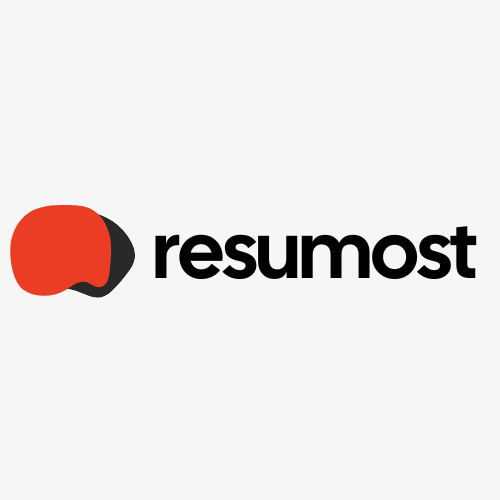Cracking the Code on HECS-HELP Debt: Your Smart Repayment Guide
Wondering if you should pay off your HECS debt early? We break down how repayments work, the pros and cons of voluntary contributions, and how to decide what's best for your financial future.
Understanding Your HECS-HELP Debt
Think of HECS-HELP as one of the most patient lenders you'll ever have. It's designed to help you get a degree without upfront fees, and it only asks for repayment when you're financially capable.
This is managed through the compulsory repayment threshold. For the 2023-2024 financial year, that threshold is $51,550. Once your 'repayment income' (which includes your taxable income plus a few other things) goes above this amount, your employer will start withholding extra tax to cover your mandatory HECS repayment. The percentage they withhold increases as your income grows.
You can check your exact HECS-HELP balance at any time by logging into your myGov account and linking to the ATO.
The Great Debate: Indexation vs. Interest
This is where most of the confusion lies. HECS-HELP debt is often called an "interest-free" loan, which is mostly true. It doesn't have an interest rate in the way a bank loan or credit card does.
Instead, your total debt is adjusted once a year on June 1st based on the Consumer Price Index (CPI), or inflation. This is called indexation.
- If inflation is low (e.g., 1-2%), your debt grows very slowly.
- If inflation is high (e.g., 7%+), your debt gets a significant bump.
Essentially, indexation ensures the real value of your loan doesn't shrink over time for the government. It’s less about making a profit and more about keeping pace.
Should You Make Voluntary HECS Repayments?
Now for the million-dollar question: should you throw your spare cash at your HECS debt or use it for something else? There are strong arguments for both sides.
The Case for Paying It Down Faster
- Peace of Mind: For some, being debt-free is the ultimate financial goal. Wiping out your HECS debt can feel like a huge psychological win.
- Dodge High Indexation: During periods of high inflation, making a voluntary payment before the June 1st indexation date can save you a chunk of money.
- Boost Your Borrowing Power: When you apply for a major loan like a mortgage, banks consider your HECS debt. A lower debt-to-income ratio can improve your chances of approval or even help you borrow more.
The Argument for Sticking to Compulsory Repayments
- Opportunity Cost: This is the big one. The money you use to pay off HECS could potentially be working much harder for you elsewhere. For example, investing in a diversified ETF portfolio or adding to your superannuation could generate returns much higher than the annual indexation rate.
- It's "Good" Debt: Compared to high-interest debt like credit cards (often 20%+) or personal loans (5-10%), HECS debt is incredibly cheap. It makes financial sense to clear your more expensive debts first.
- No More Discounts: The government used to offer a bonus for making voluntary repayments, but that incentive was removed years ago.
Ready to Pay? How to Make a Voluntary Contribution
If you’ve weighed the pros and cons and decided to make an extra payment, the process is simple:
- Log in to your myGov account.
- Navigate to your linked Australian Taxation Office (ATO) services.
- Go to Loan Accounts and select your HECS-HELP account.
- Follow the prompts to make a payment using BPAY or a credit/debit card.
Remember to make any payments well before June 1st if your goal is to reduce the balance before the annual indexation is applied.
The Best Strategy? Boost Your Income
Whether you decide to pay extra or not, the most powerful tool for eliminating any debt is increasing your income. A higher salary not only helps you clear the compulsory repayment threshold faster but also gives you more financial freedom to make voluntary payments, invest, or save for a home.
Focusing on your career growth can have the biggest impact. Polishing your professional profile is a great first step, as a standout resume can open doors to better opportunities. For instance, using a professional service like [Resumost](https://resumost.com) can help you craft a compelling resume that showcases your value and helps you land that next high-paying role.
The Final Verdict: What's Right for You?
There’s no universal right answer.
- If you have high-interest debt, prioritize that first.
- If you’re a disciplined investor, your money may grow faster in the market.
- If you hate being in debt and want to improve your borrowing capacity for a home loan, paying it off early could be the right move.
Take a look at your personal financial goals, your tolerance for risk, and the current economic climate. By understanding how your HECS-HELP debt works, you can make a confident, informed decision that puts you on the right path to financial success.
© 2026 Resumost.
We love that you're reading our work! Please note that this content is our own. If you'd like to share or re-post it, please reach out to us for permission first. Unauthorized scraping of this site is not permitted.

The Resumost Team
Resumost instantly creates a compelling, professional letter based on your newly tailored resume and the specific job you're targeting.